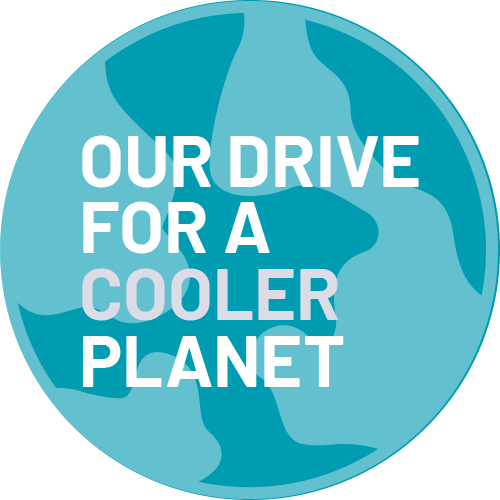Case Study
Invertek drives eliminate downtime in plastics manufacturing

Problem
An existing variable frequency drive used in a CNC milling machine was breaking down every six months causing major disruption to the manufacturing process and associated downtime costs.
Solution
The solution was found in the form of an 18.5 kW Optidrive P2. Since installing the VFD there have been no further problems or breakdowns.
Polyplastic Bv
Polyplastics BV is a plastic processing company that deals with the manufacture and sale of acrylic windows and skylights.
The highly flexible production process employed allows all types of shape and size to be produced. Delta Glass, the subsidiary operation based in South-West Netherlands, markets the cast acrylic as an alternative to glass.
This provides a much lighter and safer material than can be produced in any shape applications such as caravans, mobile homes, boats and overhead doors.
The Rotterdam production facility boasts a large number of presses, furnaces and a range of milling machines. In this application, a CNC milling machine had been breaking down at least every six months due to the failure of an inverter used to control the spindle motor, causing major disruption to production.
Precise and reliable control
This application features a motor with a rated speed of 36,000 rpm requiring a variable frequency drive that offers a frequency of at least 1200Hz. In addition to coping with this high frequency, the application also requires the drive to maintain precise and reliable control despite high temperatures and frequent fluctuations in the load. The solution was found in the form of an 18.5 kW Optidrive P2. Since installing the VFD there have been no further problems or breakdowns.
Series of conveyors, stackers and corner tables
The second process to benefit from Invertek Drives technology was the automatic gluing system, involving a series of conveyors, stackers and corner tables. A total of 14 Optiddrives are used in this gluing process to control the transportation of windows through the drying tunnels and subsequent stacking.
The process begins when two custom milled screens are glued together to precise tolerances and then transported to the screen printing department. This is followed by final assembly of rubber seals, bolts and hinges. The windows are then ready for installation into caravans and motor homes.
Historically, the gluing process suffered from breakdowns and inefficiencies, with inverters failing and EMC problems being very common. A core issue was the extremely high temperatures being reached within the enclosures in which the drives were situated.
The control system builder appointed for this application was B3 Industrie, who had already developed a strong relationship with Hiflex, Invertek's sales partner in the Netherlands. This relationship and the success of Invertek Drives in the CNC milling application led to Optidrives being specified for the replacement control system.
Quick and easy set up and commissioning
A key criteria in selecting the new drives was usability, with careful attention paid to how quick and easy it would be to install and commission the new drives.
Polyplastic Service Technician, Hans Overgoor, said: "There were four days scheduled for total conversion and commissioning of the old enclosures to the new control cabinets. Thanks to the professional preparation of B3 Industrie and the good usability of the Optidrive P2 VFDs we were ready within one and a half days."
"With the old controllers we had books of 150 pages or more and we had a lot of parameters. The complete handbook of Optidrive P2s comprises 36 pages and during commissioning, we had only 13 parameters to change for the elevator application. We also noted a striking reduction in the heat generated with the control cabinet and have no doubt this will contribute to the long term reliability of the new system."
















